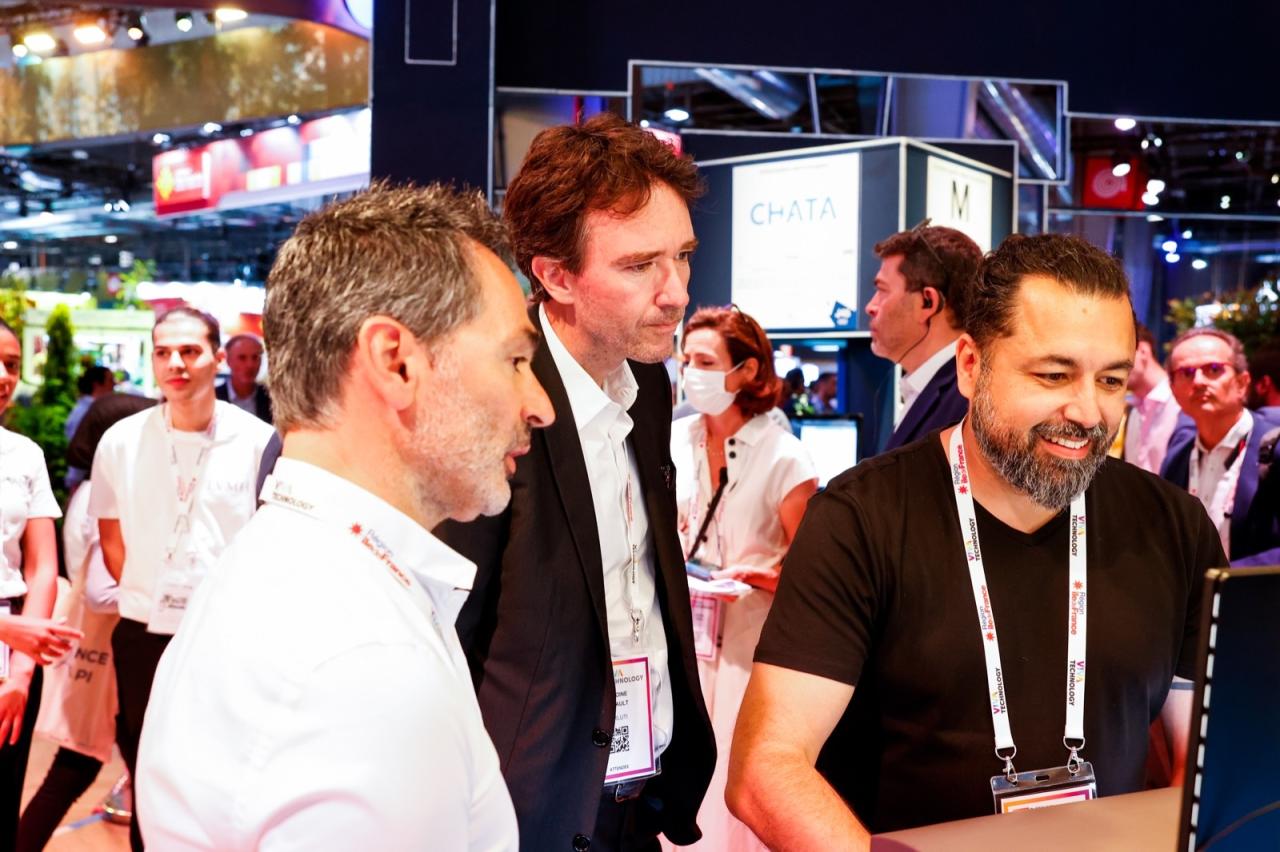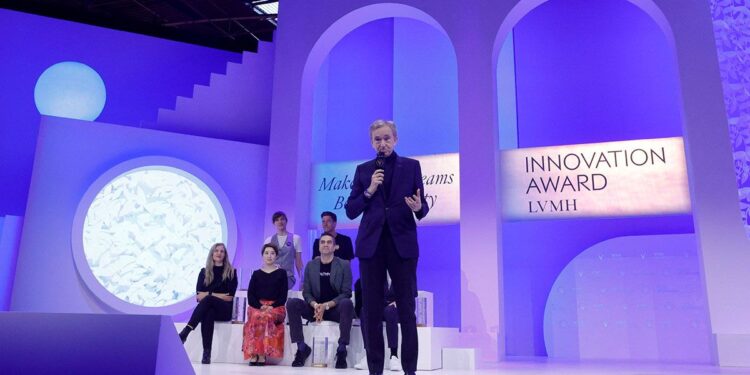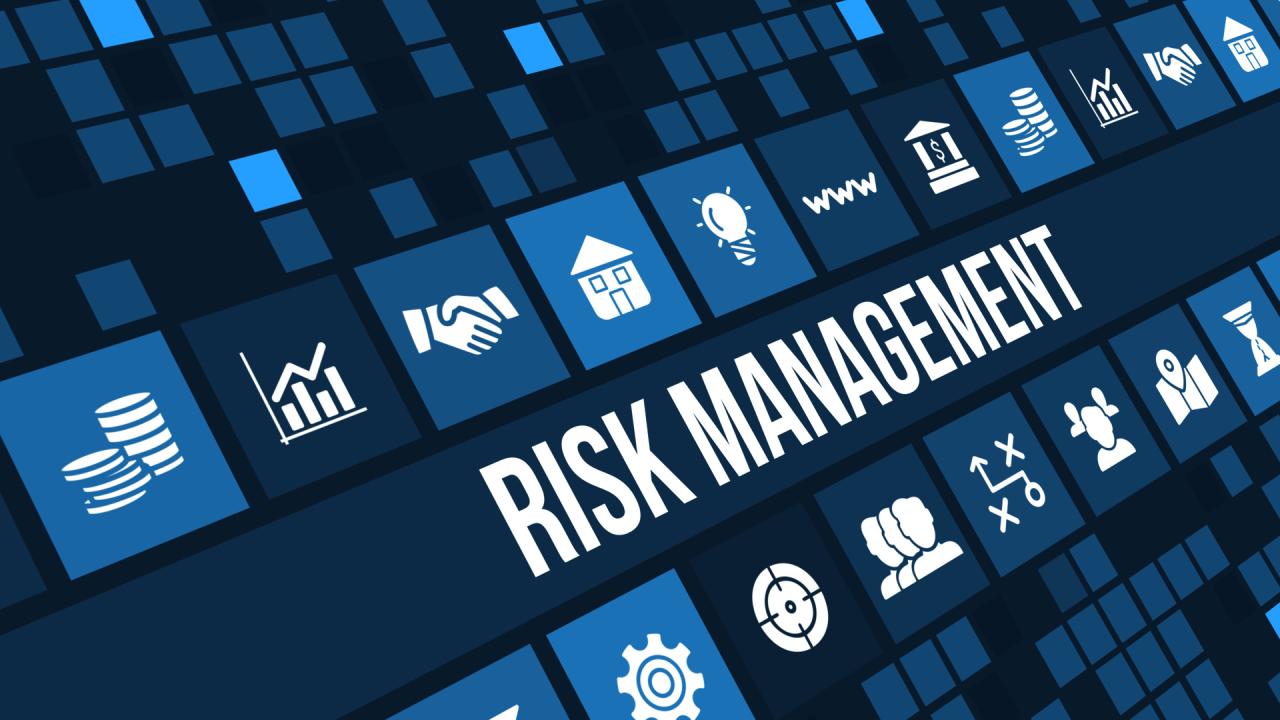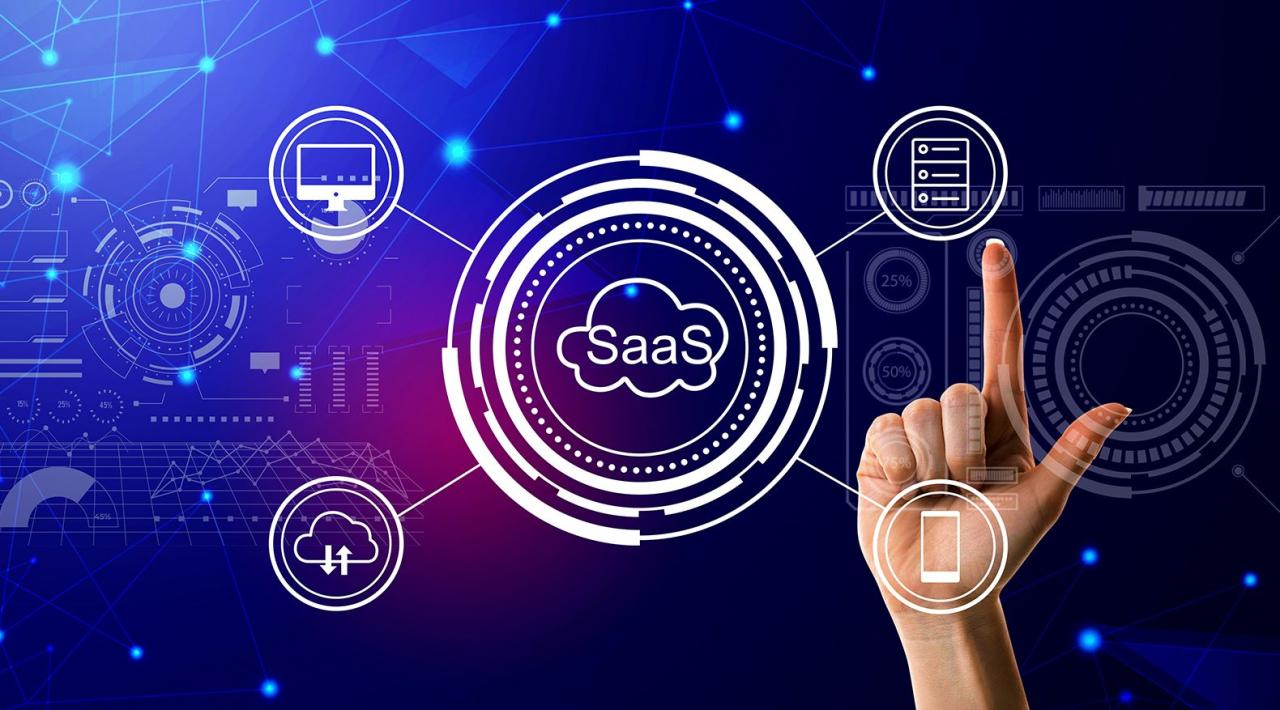An emerging artificial intelligence (AI) startup has recently taken center stage by clinching a major innovation award from LVMH Group, the world’s leading luxury goods conglomerate. This accomplishment signals a significant step forward for AI-driven companies aiming to disrupt the luxury space. This article examines the startup’s journey, explores the technology behind its success, delves into what this win means for the broader industry, and provides actionable insights for entrepreneurs seeking to innovate in the high end market.
A. The Background and Context
LVMH an authority in luxury brands ranging from Louis Vuitton and Dior to Moet & Chandon and Dom Pérignon has consistently invested in cutting edge technology. Their annual innovation award highlights companies that break boundaries in sustainability, personalization, production optimization, and customer experience. Winning this accolade involves a rigorous vetting process and places the recipient among an elite circle of startups recognized for their forward thinking potential.
This year’s winning AI startup is a standout for its innovative application of machine learning within supply chains. Their technology aligns perfectly with luxury brands’ growing emphasis on transparency, traceability, and sustainability. The AI solution they pitched not only elevates operational efficiency but also resonates with the market’s heightened demands for ethical production and responsible sourcing.
B. Deep Dive: The Startup’s Mission
-
Origins and Founding Story
The founders, a mix of technical experts and industry veterans, launched the venture to solve a pressing problem: how to ensure traceability across complex, global supply chains that feed into luxury products. Their mission statement a seamless, trustworthy supply chain powered by AI resonates clearly with both industry insiders and values conscious consumers. -
Core Technology and Innovation
At the heart of this solution lies multilevel AI integration. It employs computer vision to digitize raw materials, blockchain technology to ensure immutable records, reinforcement learning to optimize logistics pathways, and natural language processing (NLP) to analyze compliance documents. Together, these capabilities build a full spectrum supply chain monitoring platform. -
Market Gap and Value Proposition
Many luxury brands face challenges like material origin misreporting and inventory inefficiencies. This startup’s platform offers real time verification of materials from origin verification with digitized labeling to transit monitoring and final destination confirmation using smart sensors and decentralized ledger data. The result? Improved brand trust, fewer disruptions, and better alignment with sustainability goals.
C. Award Winning Criteria and Why They Won
The LVMH innovation award evaluates entrants on several axes: originality, feasibility, scalability, sustainability, and potential to enhance customer experience. Here’s a breakdown of how this startup outperformed peers:
-
Originality: Combining AI and blockchain in supply chains is rare in luxury.
-
Feasibility: They presented a functional prototype already in pilot with selected partners.
-
Scalability: The model adapts across segments from textiles to precious metals.
-
Sustainability: Verified tracing aligns with environmental and ethical certification standards.
-
Customer Experience: The startup offers a consumer facing portal, enabling buyers to trace the product’s full origin path.
LVMH recognized the startup’s ability to offer both brand side utility and an enhanced end customer experience.
D. Breakdown of the Award Ceremony

The award ceremony, held at LVMH’s innovation hub, was attended by senior executives, global press, investors, and startup founders. The winning pitch included:
-
A polished demo of end to end traceability using digitized QR codes.
-
Live dashboards displaying logistic efficiencies and material certifications.
-
Consumer interface mockups showing brand storytelling through provenance data.
LVMH executives commended the startup for reinforcing values integral to luxury: craftsmanship, authenticity, and responsibility. Additionally, the startup walked away with financial prize money, mentorship connections, and access to LVMH’s global mentoring programs.
E. What This Win Signals for the AI and Luxury Industries
1. Validation of AI for Ethical Sourcing
The award signals a broader shift toward transparency and sustainability. AI driven verification of supply chains is rapidly becoming a luxury brand standard, with increasing consumer demand for authenticity and eco friendly practices.
2. Acceleration of Digital Transformation in Heritage Brands
LVMH’s endorsement sends a clear message: even century old brands must invest in disruptive technologies. This award may fast track digital strategies among established houses.
3. Opportunities for Niche Startups
This recognition opens doors for other startups tackling adjacent areas like AI powered design, virtual try ons, or predictive fashion forecasting.
4. Greater Investor Confidence
Investor sentiment is bolstered when high profile corporate awards spotlight promising startups. Expect increased investor interest in luxury tech ventures.
F. Challenges Ahead and Scalability
While the prize is a stepping stone, real world implementation brings its own challenges. Key areas to consider:
-
Integration with Legacy Systems: Many brands still run on legacy databases and non digitized records. Successfully integrating AI requires substantial IT overhaul.
-
Data Ownership and Privacy: Global data regulations GDPR and custom protocols require transparent agreements on data usage, storage, and AI inference boundaries.
-
Standardization Across Sectors: A supply chain visualization in textiles may differ from jewelry or spirits. Standardizing metadata and certification labels across various raw materials demands collaboration with regulators and industry consortiums.
-
Adoption Speed: Luxury brands are famously methodical. Scaling pilots into global rollout takes patience and strategic planning.
Overcoming these hurdles will determine whether the startup transitions from pilot to sector mainstay.
G. What Entrepreneurs and Founders Can Learn

A. Solve Real and Urgent Problems
Target a clear pain point here, traceability and ethical sourcing. Your startup’s chances skyrocket when addressing an industry with tangible problems.
B. Leverage Multi‑Tech Synergies
The combination of AI, blockchain, IoT, and automation was pivotal. Don’t approach innovation in silos find intersections where technologies reinforce each other.
C. Build Demonstrable Pilots
A live use case, even on a small scale, beats theory. This startup’s working prototype likely made the difference in winning the award.
D. Engage with Industry Leaders
Piloting with brand partners, even anonymous or small ones, adds legitimacy and invites greater opportunities. LVMH’s award criteria reward startups that have already started the collaborative journey.
E. Remember the End User
Including a consumer facing interface enhances brand storytelling and emotional engagement. It’s a strategic move that fosters both B2B and B2C appeal.
H. Broader Industry Ripple Effects
1. Competition Sparks Innovation
Rival luxury conglomerates Kering, Richemont, Hermes are now primed to launch their own innovation hunts, expanding opportunity for ethical AI startups.
2. Acceleration in Sustainability Investment
This high profile award raises awareness and urgency. Consumers, media, and investors increasingly expect brands to deliver proofs of authenticity and traceability.
3. Formation of Industry Consortia
To drive standardization, expect formation of cross industry alliances possibly including fashion, jewelry, cosmetics, and food industries co creating interoperability of provenance data.
4. Strategic Acquisition Interest
As the startup proves its model, acquisition talks may follow. It’s easier to buy an innovation already validated by a luxury giant than to build in house.
I. Implications for Consumers
A. Verified Authenticity
Consumers can expect QR based authenticity checks embedded in luxury items they’ll scan a bottle of champagne or designer bag and see its planting at vineyard or creation in artisan workshop.
B. Storytelling Enrichment
Beyond origin, luxury brands can share journey stories climate conditions, artisan profiles, material upgrades helping products transcend mere material value and become collectible narratives.
C. Ethical Peace of Mind
Knowing purchases support environmentally responsible supply chains drives stronger brand affinity and repeat loyalty among eco conscious buyers.
J. Roadmap to Widespread Adoption
A. Expand Pilots
Scale from singlesource pilots to multiregional supply chain footprints, while validating performance across regions, tiers, and regulatory environments.
B. Standardize Data Protocols
Publish open metadata standards to accelerate brand adoption. Consider working with ISO or industry bodies for technical interoperability.
C. Build Partner Networks
Connect with logistics providers, raw material certifiers, blockchain platforms, government agencies, and NGOs to build a robust ecosystem.
D. Train Brand Side Teams
Offer workshops for procurement, operations, and marketing teams to understand data dashboards, exception alerts, and public facing features.
E. Integrate with Consumer Apps
Begin integration with brand apps or e‑commerce platforms to surface authenticity data at the point of sale or online checkout, ensuring seamless user journeys.
K. The Future Outlook
As technology advances, other AI-driven solutions are bound to emerge from predictive fashion design and personalized virtual try on experiences to AI-fueled brand marketing strategies. But the core story remains: innovation anchored in tangible industry challenges, validated by reputable institutions, and aligned with consumer values will dominate the next wave.
Here’s what to expect:
-
More Prestigious Corporate Awards
Expect future editions of the LVMH innovation prize to spotlight AI startups specializing in circular economy, virtual craftsmanship, data driven personalization, or carbon tracing technologies. -
Rapid Investor Interest
As the startup grows, venture capital funds, corporate venture arms, and private equity firms will funnel capital into luxury tech startups, raising valuations and fueling future rounds. -
Strategic Acquisitions and Partnerships
Luxury conglomerates may partner directly or launch joint ventures with tech firms. Expect mergers, acquisitions, and long term strategic partnerships to become common. -
Regulatory Mandates on Transparency
Governments and regulatory bodies may impose provenance verification requirements. The startup’s technology is ideally positioned to meet such policy trends.
L. Conclusion
This AI startup’s victory at the LVMH innovation awards represents more than a trophy it’s a vision of how next gen technology can elevate luxury. Their mix of AI, blockchain, IoT, and SHARP problem solving demonstrates how startups with a bold vision, a capable prototype, and a consumer centered mindset can capture the attention of the world’s most prestigious brands.
Entrepreneurs should take note: success in the luxury tech domain lies at the intersection of deep industry insight, technological ingenuity, and consumer relevance. By addressing core brand challenges like traceability, sustainability, and consumer trust, startups can unlock doors into prized partnership territory and potentially transform entire industries in the process.
In sum, the rising tide of AI driven luxury innovation shows no signs of slowing. As startups and brands embrace transparent sourcing, digital transformation, and immersive storytelling, the industry is evolving. For the startup that seized the LVMH award, the journey has just begun and invites others to follow suit in reshaping luxury with intelligence, integrity, and impact.












